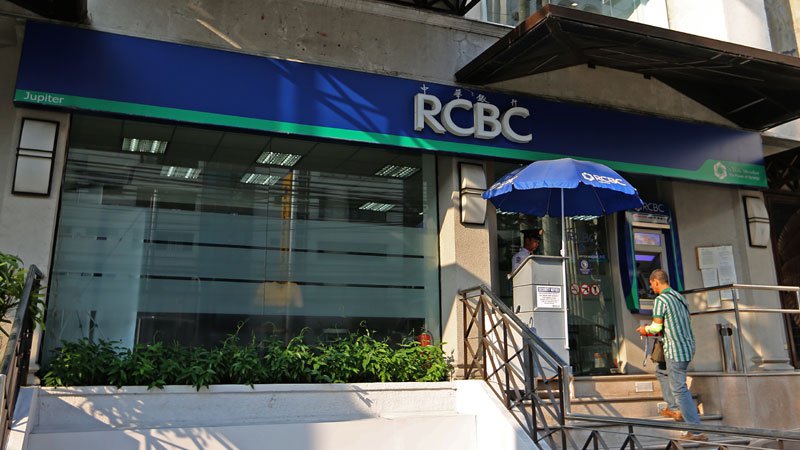
Money turned over by casino junket operator Kim Wong to the Anti-Money Laundering Council after the $81-million money laundering scandal at the Rizal Commercial Banking Corp. erupted. INQUIRER FILE PHOTO
MANILA — The Anti-Money Laundering Council (AMLC) has filed criminal charges against the former treasurer of the Yuchenco-led Rizal Commercial Banking Corp. (RCBC) and five other officials for alleged money laundering in connection with the entry of money stolen from Bangladesh’s central bank last February.
In its 97-page complaint filed before the Department of Justice on Nov. 18, the AMLC supported the filing of criminal cases for money laundering under Section 4(f) of the Anti-Money Laundering Act (AMLA), as amended, against former RCBC retail banking group head Raul Victor B. Tan, as well as Ismael S. Reyes, Brigitte R. Capiña, Nestor O. Pineda, Romualdo S. Agarrado and Angela Ruth S. Torres.
Section 4(f) of Republic Act No. 10365 or the amended AMLA provides that money laundering is committed by any person who performs or fails to perform any act as a result of which he facilitates the offense of money laundering.
Tan, brother of National Treasurer Roberto B. Tan, resigned from the RCBC last April, at the height of the Senate investigation on the $81-million money laundering scandal that shook the domestic financial system as well as gaming industry.
At the time of the money laundering transaction, Reyes was national sales director of RCBC’s retail banking group; Capiña was retail banking group regional sales director; Pineda was district sales director; Agarrado was customer service head of RCBC Jupiter branch’s business center; and Torres was senior customer relations officer at the Jupiter business center.
The AMLC said that “in consequence of his failure to order enhanced due diligence on the high-risk accounts and to continue the hold on the beneficiary accounts, Tan facilitated the commission of money laundering under Section 4(f) of the AMLA, as amended.”
Citing evidence gathered from RCBC, the AMLC said “there were suspicious indications of violations of the AMLA, as amended, or red flags, which deserved further investigations by RCBC.”
“Tan was in a position to order enhanced due diligence based on the red flags. Tan could have convened the anti-money laundering committee to act on these red flags,” the AMLC said.
However, “despite awareness of the suspicious circumstances concerning [four suspicious beneficiary] accounts, Tan wilfully ignored them and failed to conduct a thorough investigation as required by law and regulations, and RCBC’s own money laundering and terrorist financing prevention program. This is knowledge that the funds transacted represented the proceeds of an unlawful activity,” according to the AMLC.
Alleged omissions made by Reyes, Capiña, Pineda, Agarrado and Torres that facilitated the commission of money laundering were detailed in the complaint.
For all six, “the acts of respondents… undoubtedly constitute money laundering under Section 4(f) of the AMLA, as amended,” the AMLC said.
In a statement Tuesday, RCBC quoted its president and chief executive Gil A. Buenaventura as saying that “we have yet to receive a copy of the AMLC complaint/s but going by our independent internal investigation early this year, we believe that no head office official was involved in the transaction that was initiated and carried out by key people in our Jupiter Makati branch.”
“We welcome the charges as an opportunity to conclusively prove that our executives acted properly and had no knowledge or participation in any money laundering. We are confident that the cases filed against these RCBC officers will be dismissed,” Buenaventura said.
Lorenzo V. Tan, who was RCBC president at the time of the cyber theft, resigned in May.
In August, the Bangko Sentral ng Pilipinas imposed the single biggest monetary penalty on an erring financial institution in the country’s history in the wake of the Bangladesh Bank cyber-heist.
The BSP had said RCBC’s penalty represented “the largest amount ever approved as part of its supervisory enforcement actions on a BSP-supervised financial institution.”
The fine levied on RCBC marks a sharp departure from BSP’s standard practice of imposing a legally mandated fine of P30,000 per violation per day on financial institutions that are found to have violated banking regulations. SFM
For feedback, complaints, or inquiries, contact us.
![]()
